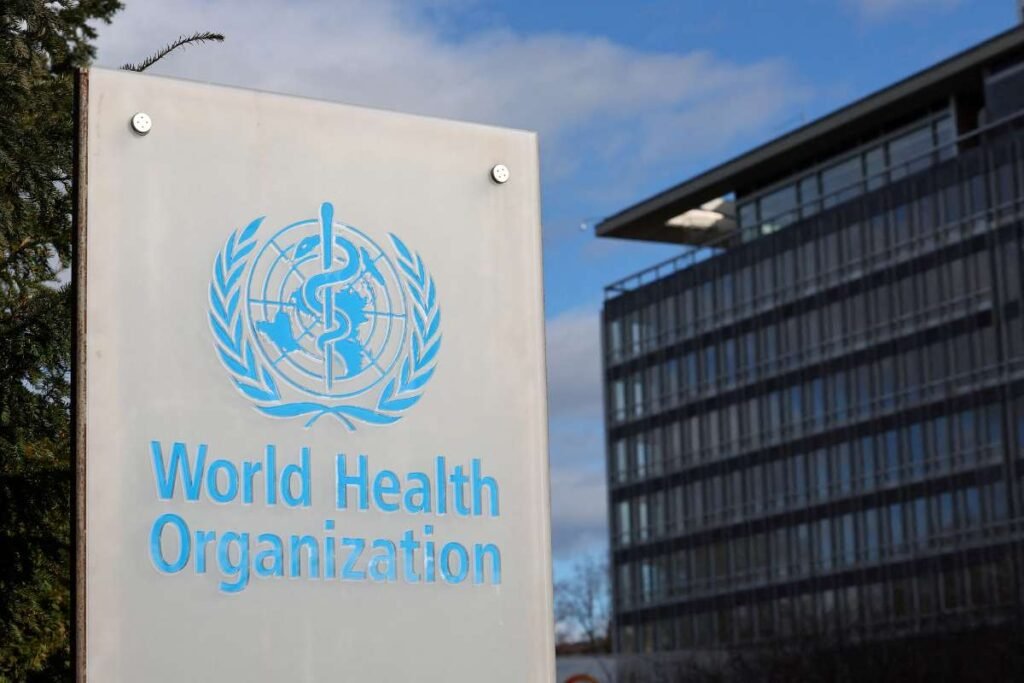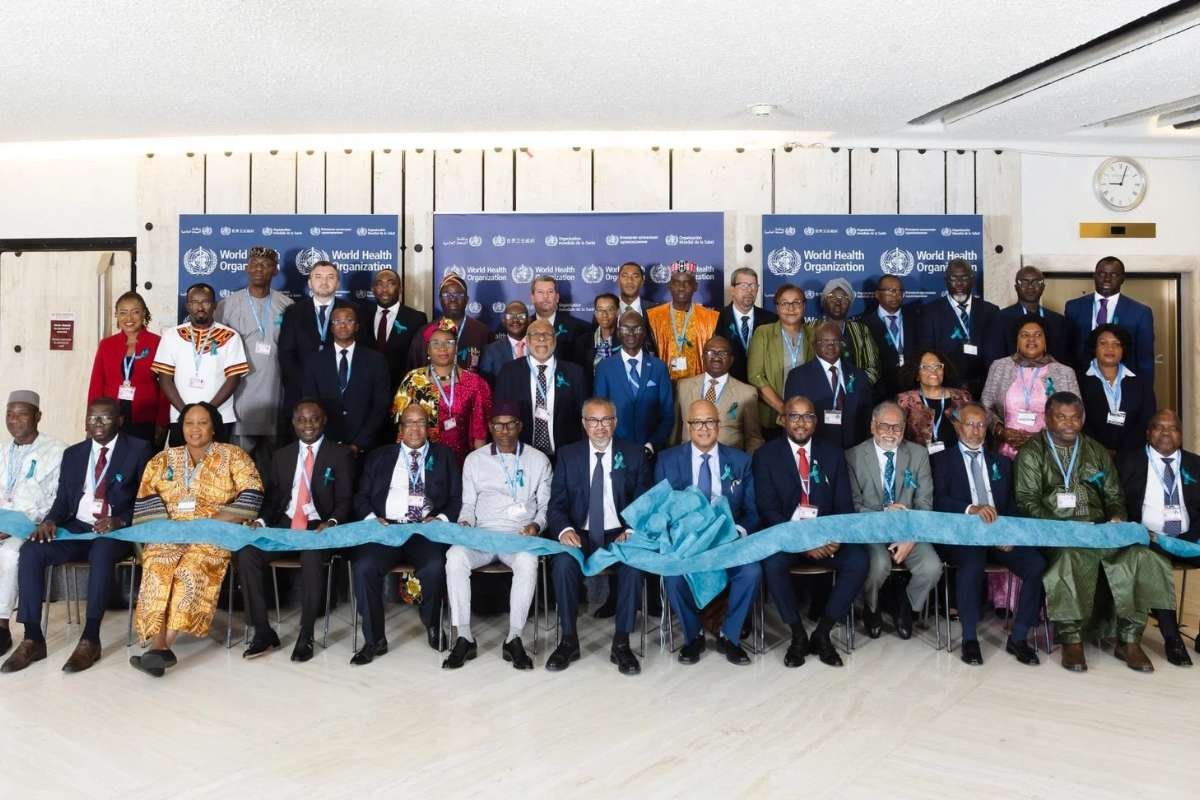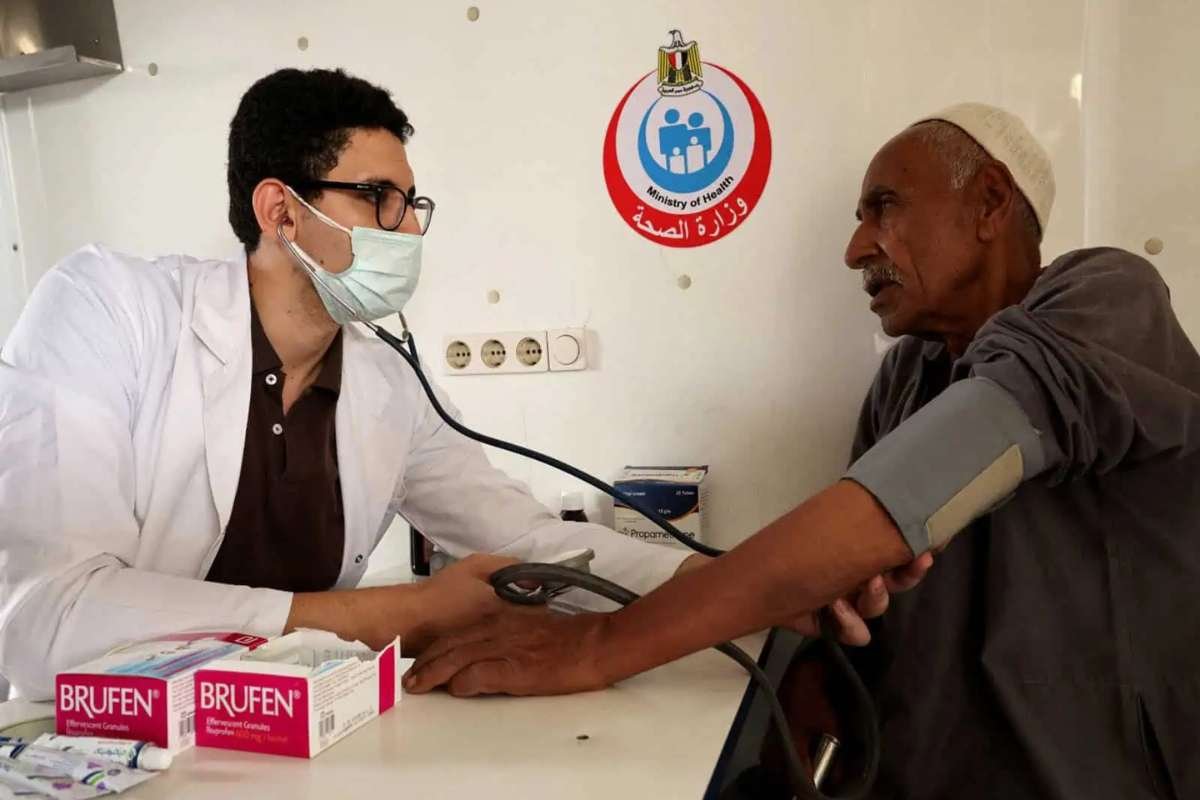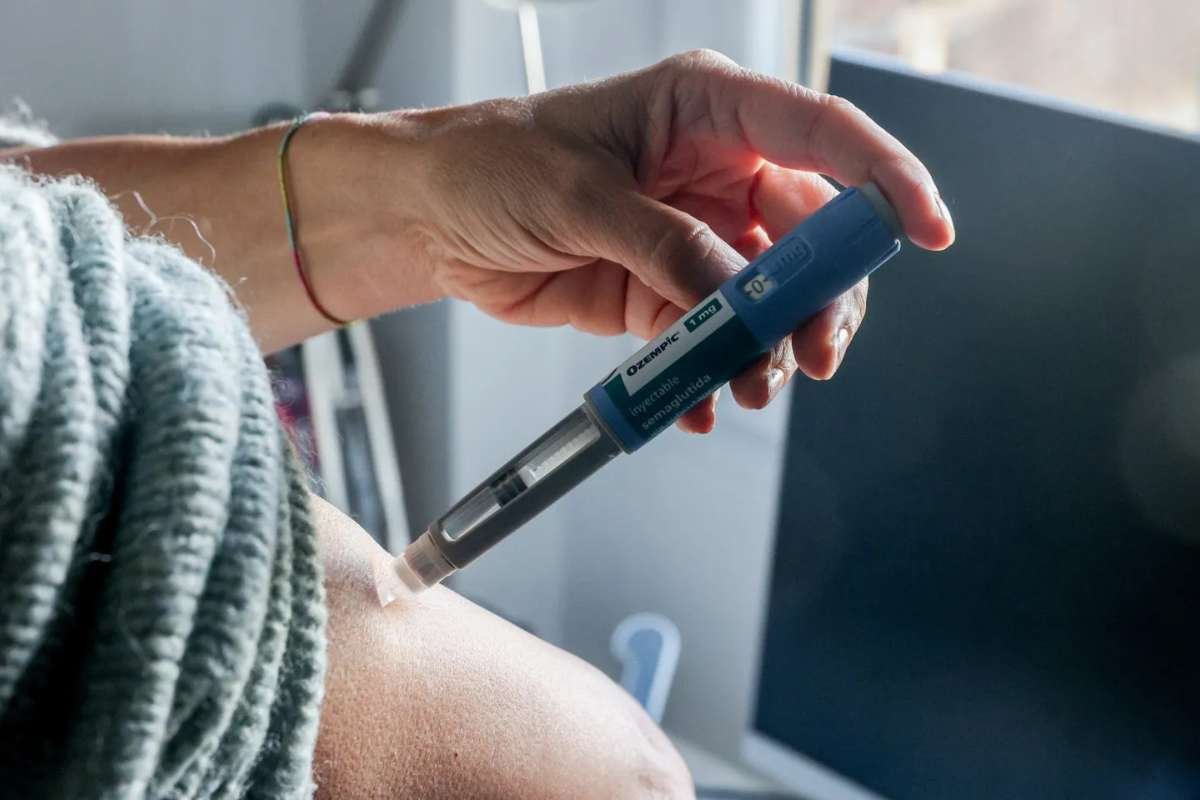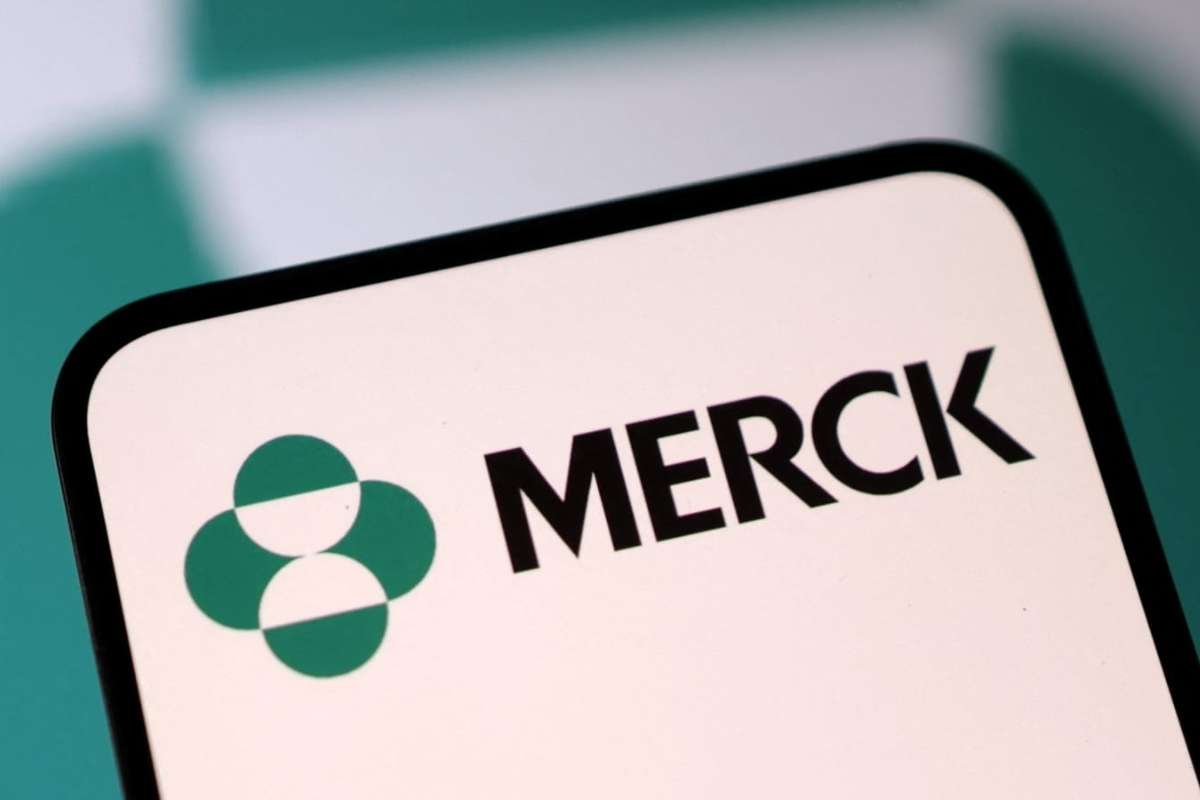The World Health Organization (WHO) announced on Friday that it has addedGLP-1 Weight Loss Drugs receptor agonists, a class of weight loss and diabetes drugs, to its Essential Medicines list for the first time. The decision is expected to improve access to these treatments in lower-income countries, where high costs have previously limited availability.
The GLP-1 weight loss drugs , including the active ingredients in Novo Nordisk’s Ozempic and Eli Lilly’s Mounjaro, were added specifically for patients with type 2 diabetes World Health Organization also face cardiovascular disease, chronic kidney disease, or obesity. However, WHO stopped short of recommending the drugs solely for obesity treatment.
Expanding the List of Critical Treatments
The Essential Medicines list is a cornerstone of global health policy. First introduced in 1977, it identifies medicines that should be available in all functioning health systems. Updated every two years, the list now includes 523 medicines for adults and 374 for children. Over 150 countries adopt it as a guide for drug procurement and health insurance coverage.
In addition to GLP-1 weight loss drugs , World Health Organization added Vertex Pharmaceuticals’ Trikafta, a breakthrough but costly combination therapy for cystic fibrosis, and Merck’s cancer immunotherapy drug Keytruda. Keytruda was approved for the treatment of advanced cervical cancer, colorectal cancer, and non-small cell lung cancer.
Altogether, 20 new medicines were added to the main list and 15 to the children’s list. World Health Organization officials emphasized that these changes represent a significant step toward expanding access to innovative therapies with broad public health impact.
Addressing Global Health Challenges
World Health Organization highlighted the urgency of addressing rising rates of diabetes and obesity. According to the agency, more than 800 million people worldwide were living with diabetes in 2022, with half of them untreated. At the same time, more than one billion people are affected by obesity, a condition increasingly recognized as a global health crisis.
“Diabetes and obesity are two of the most urgent health challenges facing the world today,” it stated. The organization stressed that access to effective medicines is critical, particularly in low- and middle-income countries where health resources are limited.
While GLP-1 weight loss drugs have demonstrated effectiveness in controlling blood sugar, aiding weight loss, and reducing cardiovascular risks, their high prices have restricted widespread use. it is called for strategies to lower costs, including generic competition and prioritization of patients would benefit most. The agency also urged governments to make these medicines available in primary care settings, especially in underserved areas.
Looking Ahead
The inclusion of GLP-1 weight loss drugs medicines signals growing recognition of obesity as a global health threat and reflects it’s broader goal of ensuring equitable access to life-saving treatments. Health experts suggest the move could encourage more countries to include GLP-1 therapies in their national health programs and insurance systems, improving affordability and accessibility over time.
Yukiko Nakatani, WHO’s Assistant Director-General for Health Systems, Access and Data, said the expanded lists mark “a significant step toward expanding access to new medicines with proven clinical benefits and with high potential for global public health impact.”
As the burden of chronic diseases continues to rise worldwide, It’s latest update underscores the need for innovation, affordability, and global cooperation in public health.
Also Read :- Rising Cost of Mounjaro (weight loss drug) Could Drive Patients to Black Market, Says GP

